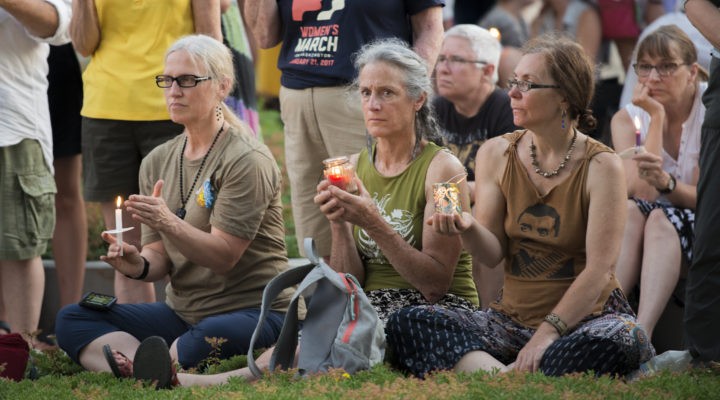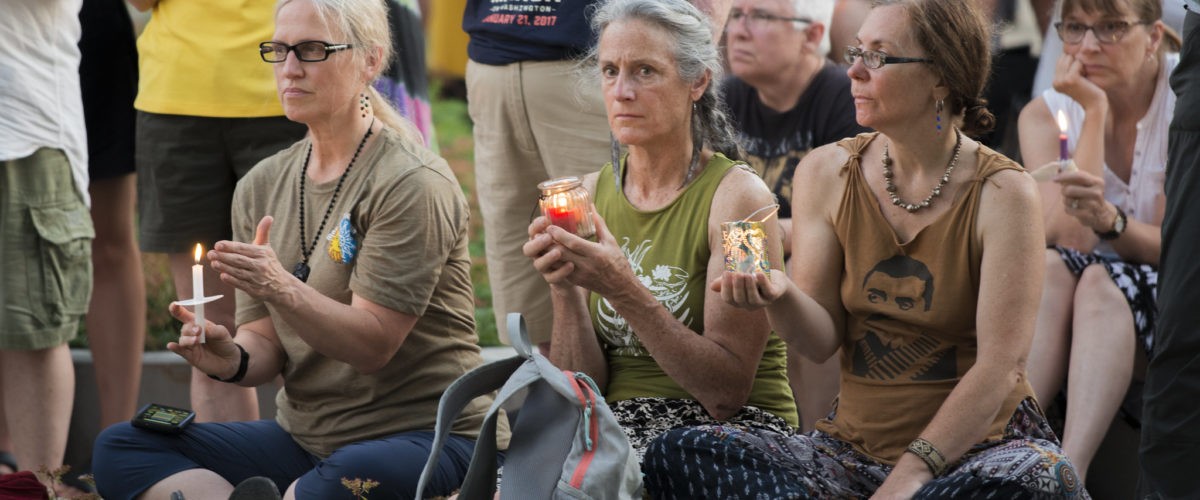There is something liberating for Serena Buckner about shielding immigrants from persecution by the federal government, even if it means running afoul of the law.
What would be scary about the sanctuary movement instead is inspiring because it’s a way of being faithful to Scripture, said Buckner, a member of Pullen Memorial Baptist Church in Raleigh, N.C., and the leader of its sanctuary resettlement group.
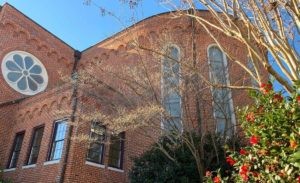
Pullen Memorial Baptist Church. (Photo/PMBC)
“It’s amazing when you just say, ‘yes.’ You can just jump in and feel connected to something greater than you,” she said.
Pullen is part of a nationwide movement of faith groups — many of them motivated by President Trump’s harsh crackdown on immigrants — that aims to protect undocumented residents from detention and deportation.
Participation looks different for different groups, with some focusing on accompanying immigrants to court hearings or staging vigils, while others shelter persons at risk of arrest.
Pullen falls in the “all the above” category, having housed a Nigerian asylum seeker who had been captured and tortured by the Boko Haram Islamist movement.
“It goes to the heart of welcoming the stranger and just saying ‘yes,’” Buckner said.
‘Faith is calling them’
Just saying ‘yes’ to the stranger could be called the motto to an American sanctuary movement energized by the policies of the Trump administration.
Deportations, mass raids, the separation of families and the incarceration of children have inspired a rising tide of churches and other faith groups into what some call the “new sanctuary movement,” said Gala King, a regional organizer with the Interfaith Movement for Human Integrity in California.
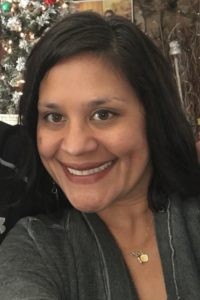
Gala King
Once about high-profile sanctuary cases for persons facing immediate deportation, the ministry has broadened to encourage accompanying immigrants to court hearings or doctor’s appointments, providing public witness through vigils and letter-writing to build relationships with those who are in prisons or detention facilities, King said.
“Others have taken individuals and families in,” King said. “These are people who might have an active asylum case going on.”
The movement is personal for some participants, she said. “We have a lot of strong Jewish allies, and there are Japanese-American faith communities who draw on the experience of being incarcerated during World War II.”
Religion is another driver. “A common value is that faith is calling them to do this,” King added. “Faith is a strong motivation.”
‘A partner in their struggle’
It certainly is for Lakeshore Avenue Baptist Church in Oakland, Calif., said Allison Tanner, its pastor of public witness.
“Our theme is welcoming the stranger,” said Tanner, who also serves as the Alliance of Baptists’ justice advocacy representative.
Lakeshore Avenue’s work dates back to the 1980s, but it was re-energized with harsher treatment of immigrants, Tanner said. “It sent our congregation reeling on how we could support our immigrant community.”
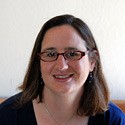
Allison Tanner
Members voted to publicly declare the church’s stand as a sanctuary church and to become immediately involved in education, accompaniment, advocacy and public witness efforts.
The public statement was key to the ministry, Tanner added. “It’s important that the larger community knows your faith requires you to take this seriously and to let those who are struggling know we are a partner in their struggle.”
The congregation also voted against providing long-term, high-profile sanctuary, she said. “Historically, that had been a piece of it, but in this new sanctuary movement that’s a lesser need because fewer people are seeking that particular form of protection right now.”
However, the church remained open to short-term sheltering on a case-by-case basis and last spring hosted a man who had been in detention four years.
“The church wasn’t being used at all because of the pandemic, so it became a way of utilizing our building and extending our commitment to the sanctuary movement,” Tanner said.
‘Take risks to live out your faith’
But many are prepared to take in immigrants for indefinite stays if it means shielding them from Immigration and Customs Enforcement agents.
Doing so is a moral imperative in a nation where children are incarcerated at the border and where the White House foments hatred and violence against immigrants, said Cody Sanders, pastor at Old Cambridge Baptist Church in Cambridge, Mass.
“There is an urgency for churches to step up and really commit to the wellbeing of immigrants in their communities,” he said.
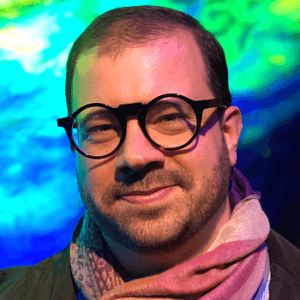
Cody Sanders
Sanders’ church is part of a coalition with 10 other local faith communities working together to support persons at risk of seizure by ICE. They also work in advocacy and accompaniment efforts.
“We’ve gone to immigration hearings with undocumented persons who are trying to gain asylum,” he said.
But the coalition also exists to provide sanctuary to individuals or families in dire straits and is currently sheltering a family in one of the campuses.
“We don’t talk about the details of the family who is in sanctuary, where they are from or which church they are in,” Sanders said. “But all the others are helping support that family.”
The humanitarian and religious benefits of sanctuary ministry outweigh the potential of arrest that can come from sheltering undocumented persons.
“For us, the motivating factor is the injustice of how our government was treating people coming to this country for safety,” said Nancy Petty, pastor at Pullen Memorial Baptist Church.
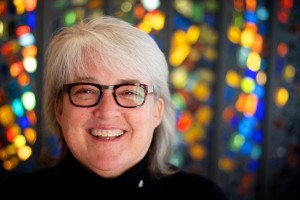
Nancy Petty
“Our government is putting them in detention and putting their children in cages. That is not how we understand we are to treat the stranger, the visitor. We are to welcome them in.”
Pullen did that about three years ago by voting to take in immigrants with no criminal records and who have paths toward citizenship.
Since that time, the congregation briefly sheltered a Mexican woman and her children and nine months ago welcomed their current occupant, who is seeking asylum.
“He’s working now and looking for his own apartment,” Petty said.
Mennonite and United Church of Christ congregations have been helping with the man’s care, including communicating with attorneys, obtaining I.D. cards and ESL courses.
Petty said Matthew 25 and Micah 6 are central in Pullen’s ministry to immigrants.
“For us, it really is about living out who we say we are,” she said. “At some point you have to decide to take risks to live out your faith.”

